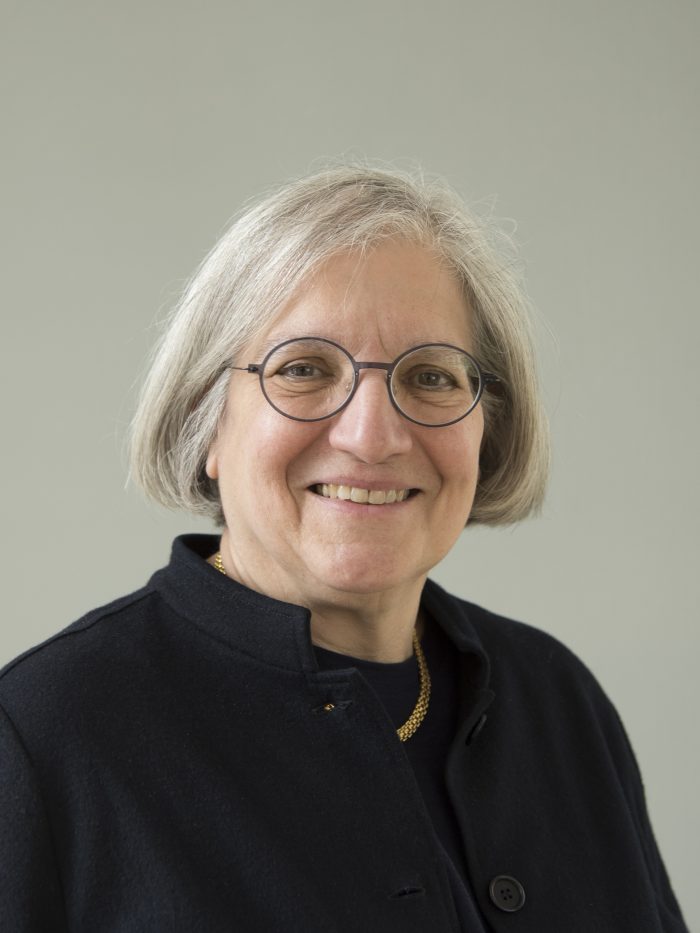
Wirth Lab at Harvard T.H. Chan School of Public Health
The Wirth Lab investigates Plasmodium falciparum parasites by using a variety of investigational tools including ‘omics (genomics, metabolomics, proteomics), molecular biology, and biochemistry approaches to better understand the fundamental biology of the malaria parasite and mechanisms of drug resistance. The long-term goal of this work is to understand basic molecular processes in protozoan parasites with the aim of discovering and applying preventive and therapeutic interventions against disease.
Laboratory Contributions
Wirth Lab MalDA-related research is concerned with identifying druggable targets in the malaria parasite. This work couples In Vitro Evolution and Whole-Genome Analysis (IVIEWGA) with genetic and biochemical validation of the identified targets. Ultimately, the lab then works with drug development partners within the MalDA consortium to move identified candidates along the malaria drug development pipeline. The Wirth Lab’s research contributions to MalDA’s aims include:
Target identification and target validation.
The Wirth Lab continually conducts IVIEWGA analysis as our primary method of identifying targets for initial investigations among the MalDA consortium research labs. We then validate identified targets through biochemical and genetic investigations. Current efforts include inhibitors of ACS10 and compounds of unknown mode of action.
Assay Development.
We develop biochemical assays that are amenable to high throughput screening and functional assays that validate target activity within the whole cell. We are currently in this phase of investigation with the HSP90 molecular target.
HTS/Hit identification.
We generate hit-to-lead candidates using high throughput screening methods to identify compounds that inhibit or otherwise exploit molecular targets. We currently have two targets in this phase of investigation: V-type ATPase and AcAS.
Hit to lead/lead optimization.
In this final step, we work to enhance the stability, safety, and other pharmacological parameters of prioritized candidates for the drug development pipeline. We are moving into this phase with the PRS target.
Additionally, the Wirth lab continues to develop new assay tools and technologies throughout the stages of target discovery and compound identification that are shared within the MalDA consortium as investigational platforms for new drug targets.

Dr. Dyann F. Wirth
Richard Pearson Strong Professor of Infectious Diseases at Harvard T.H. Chan School of Public Health
